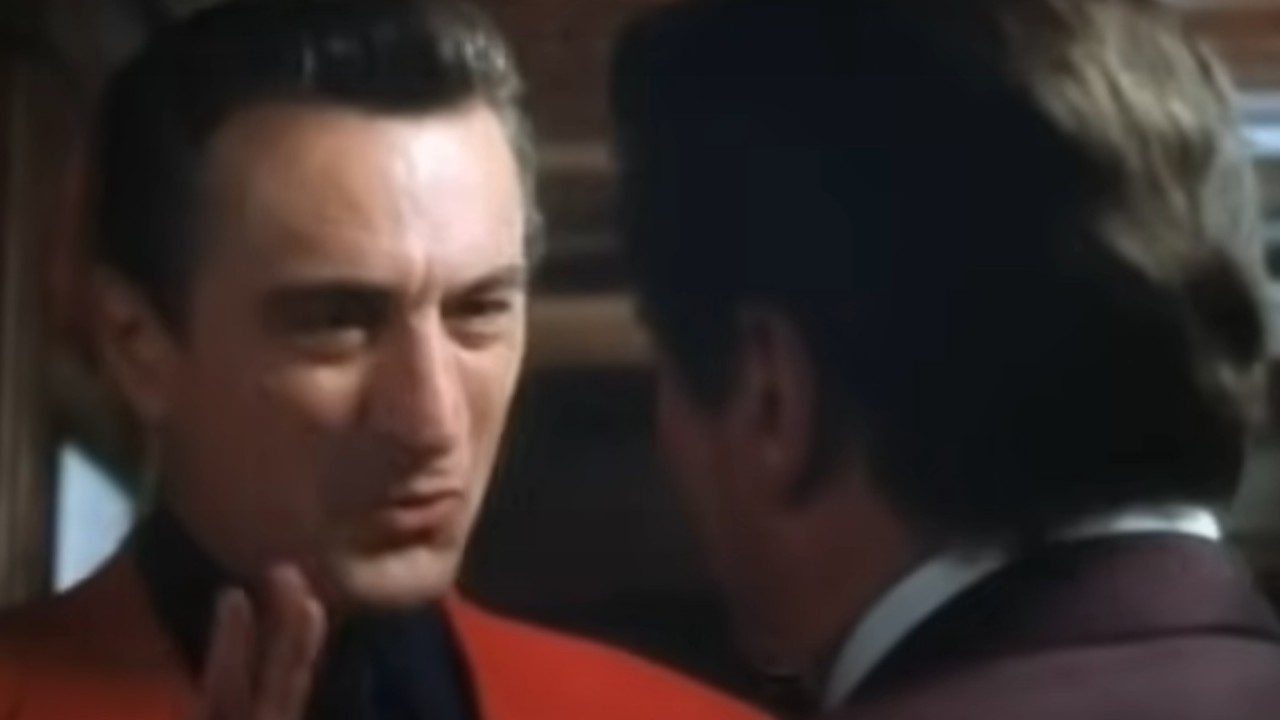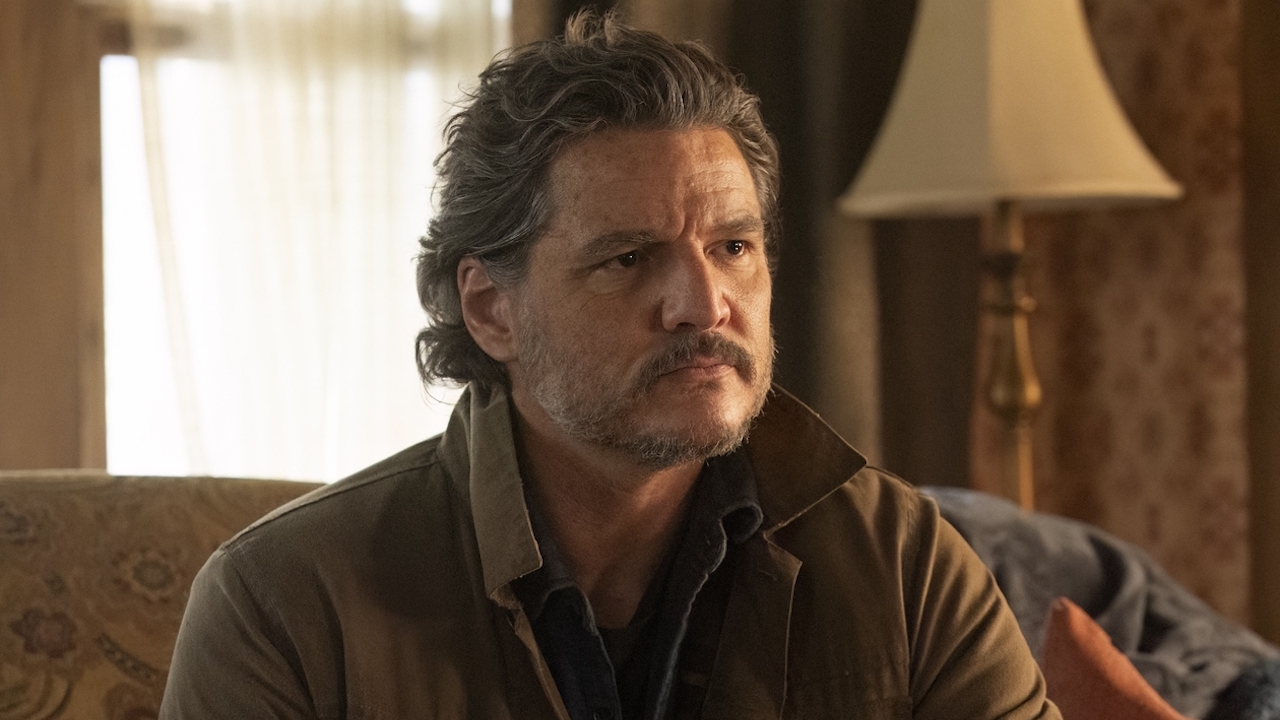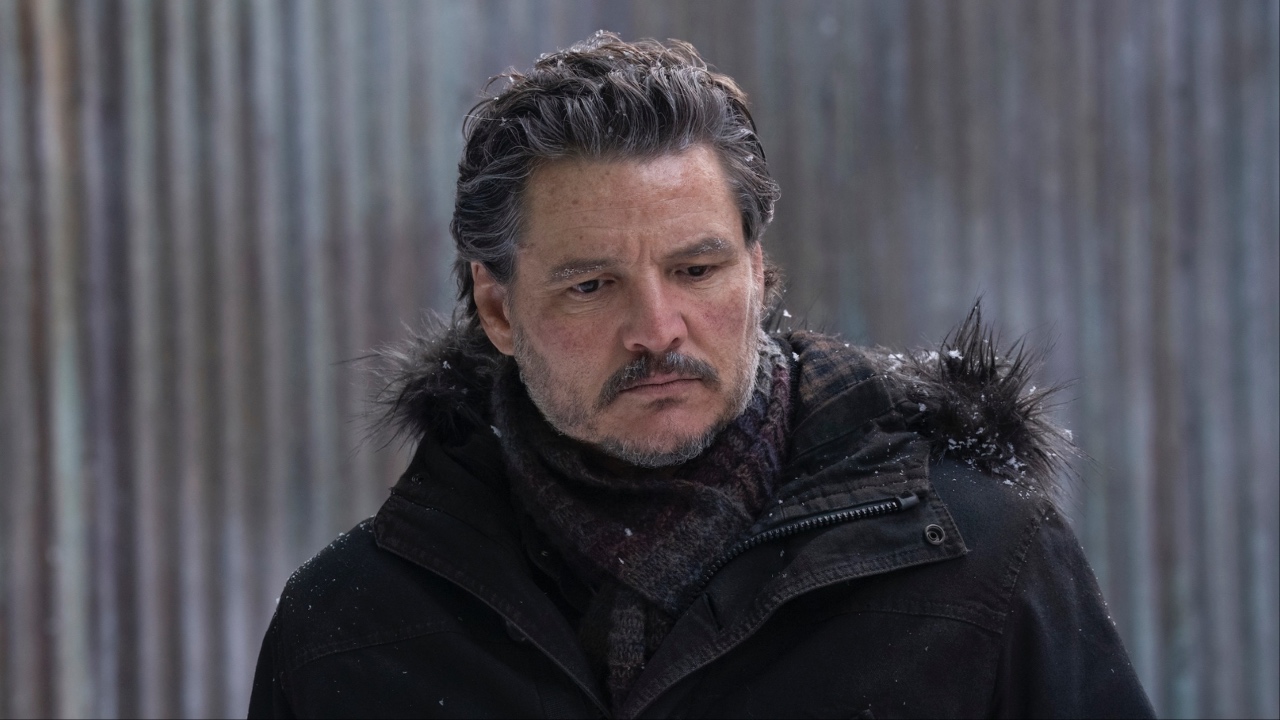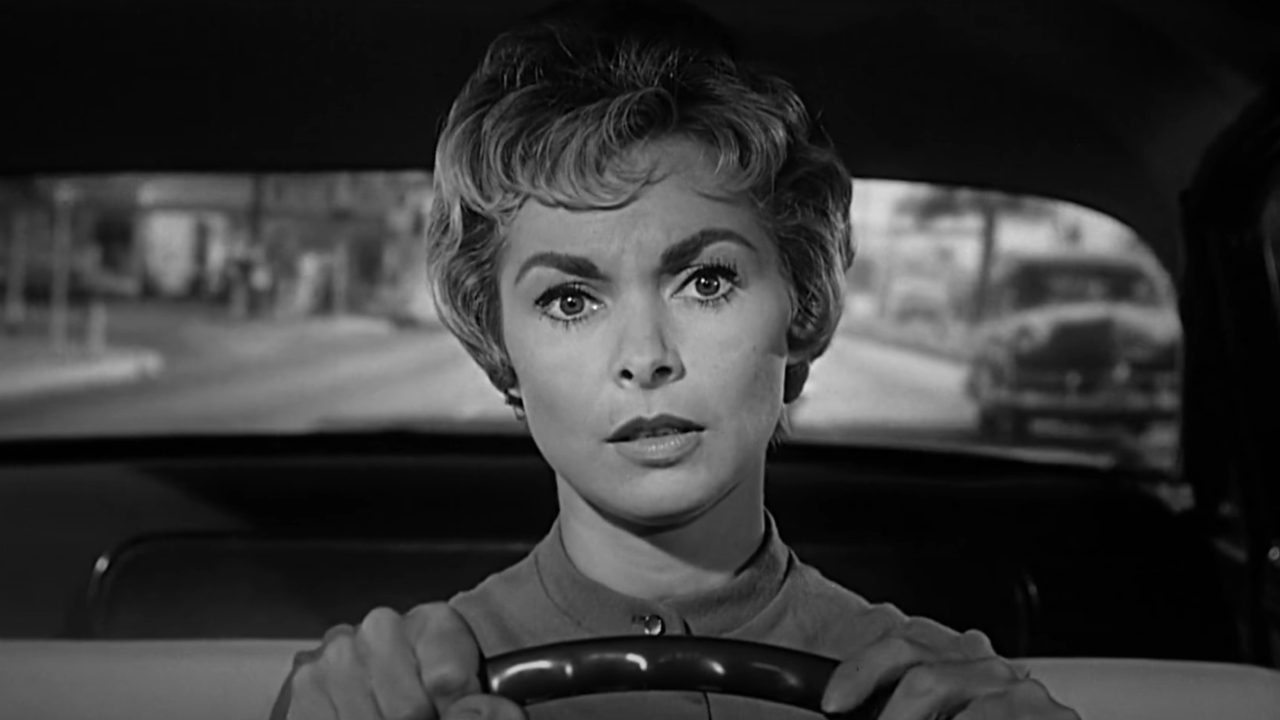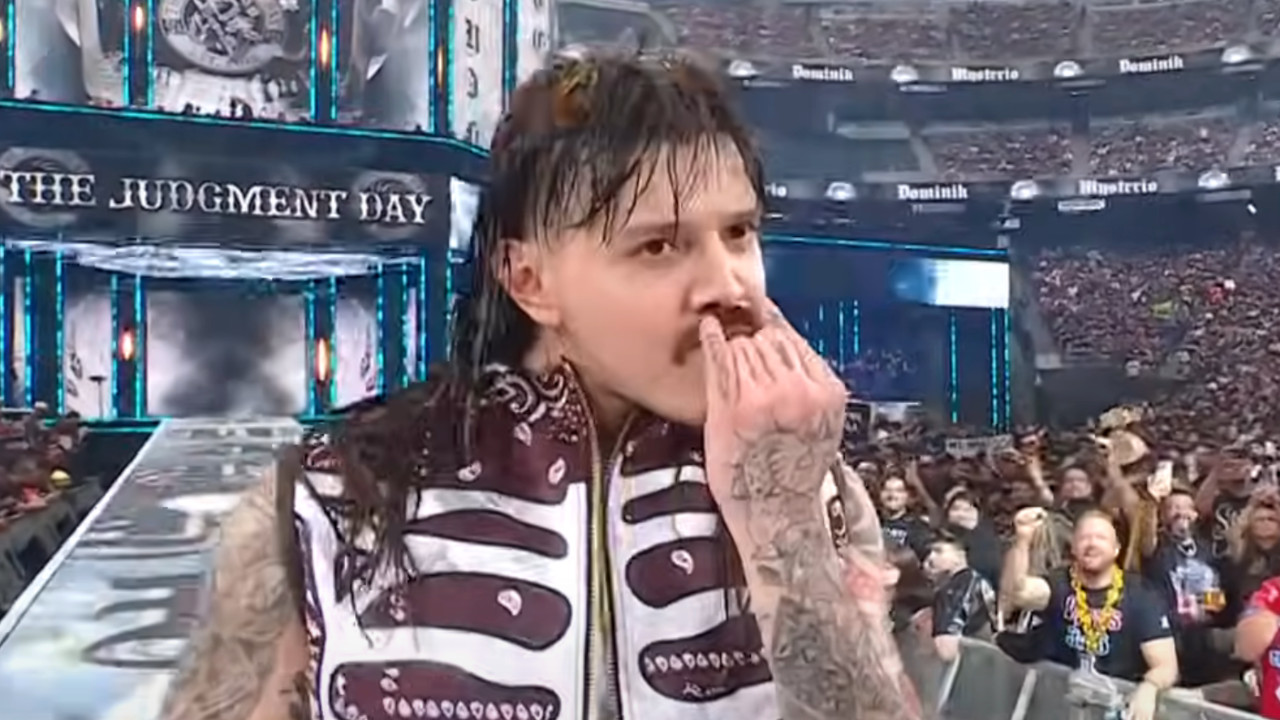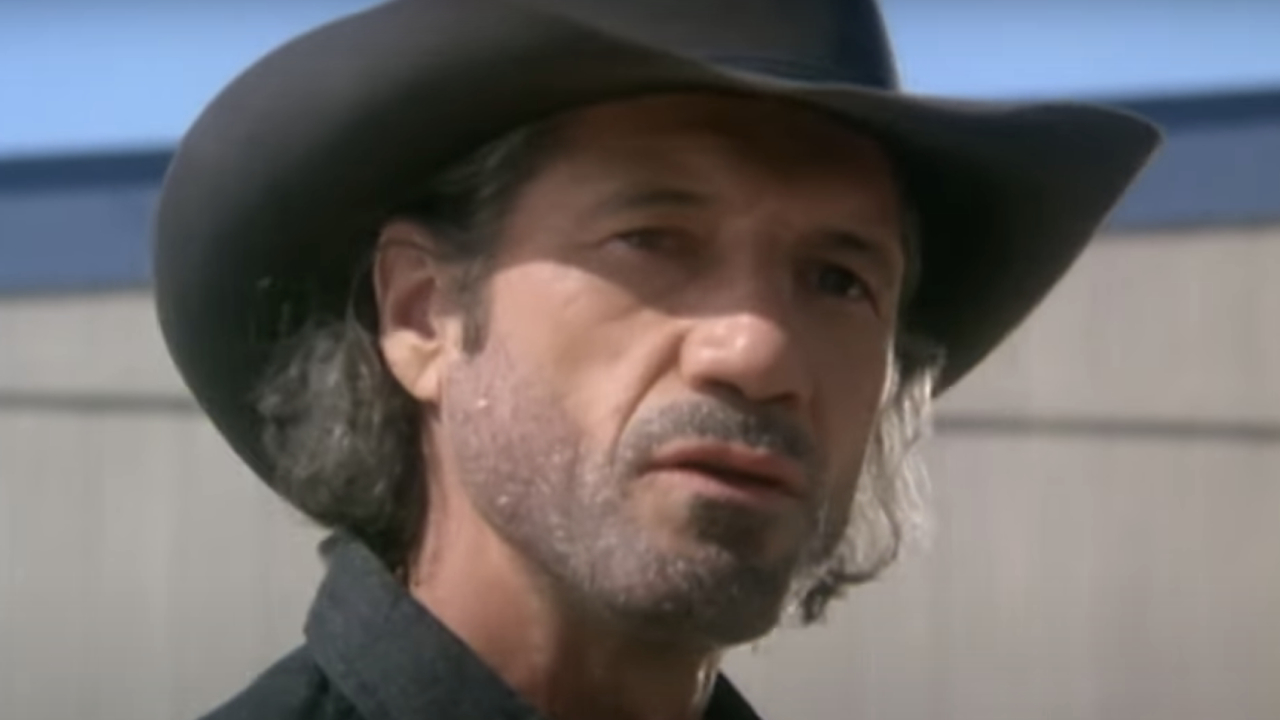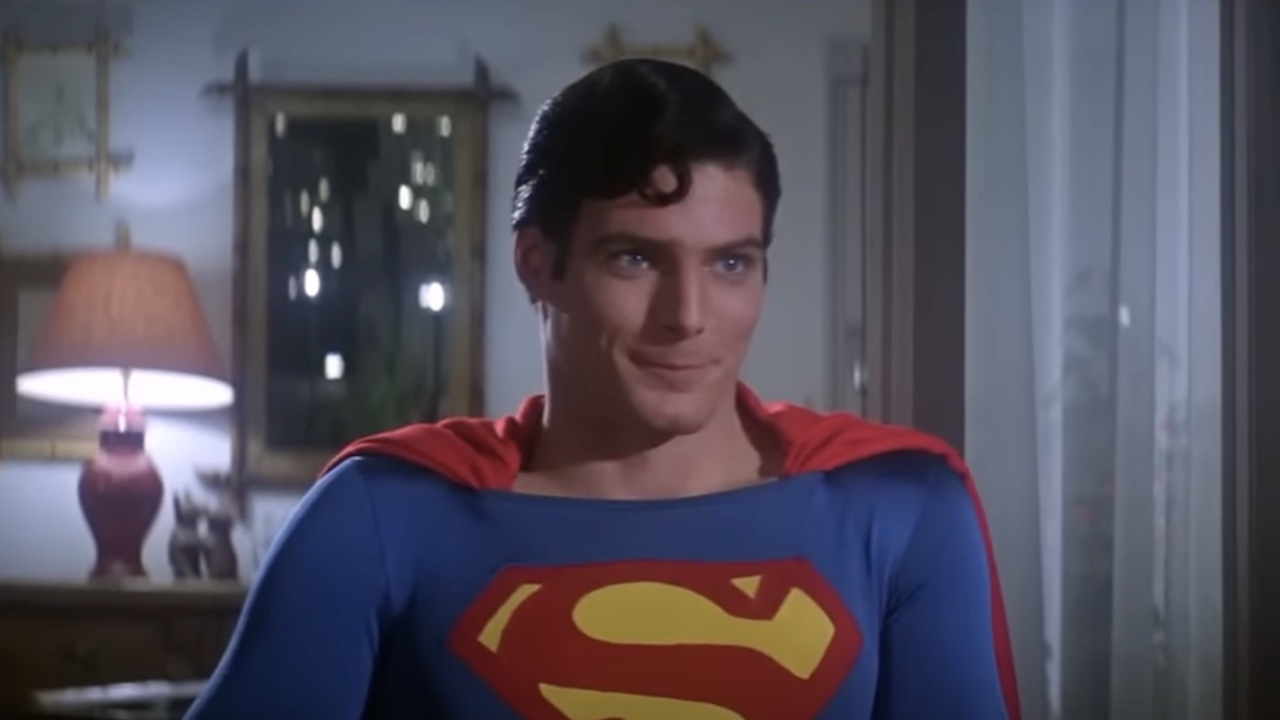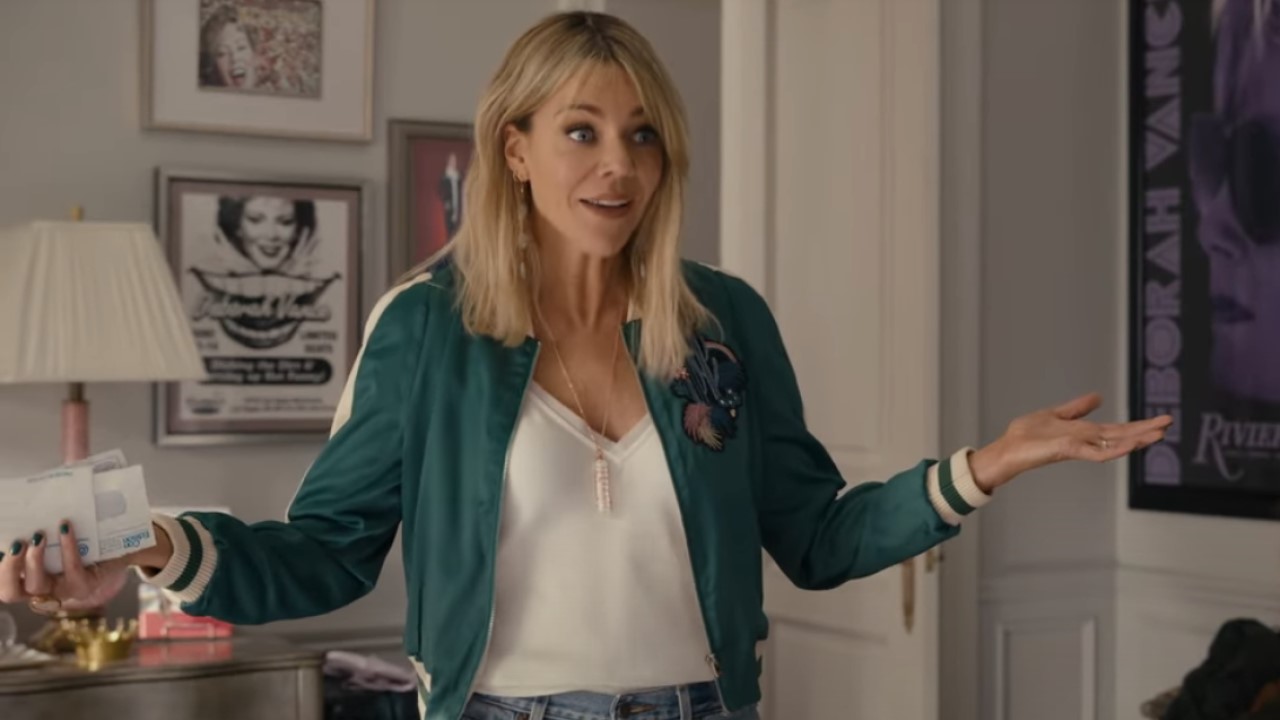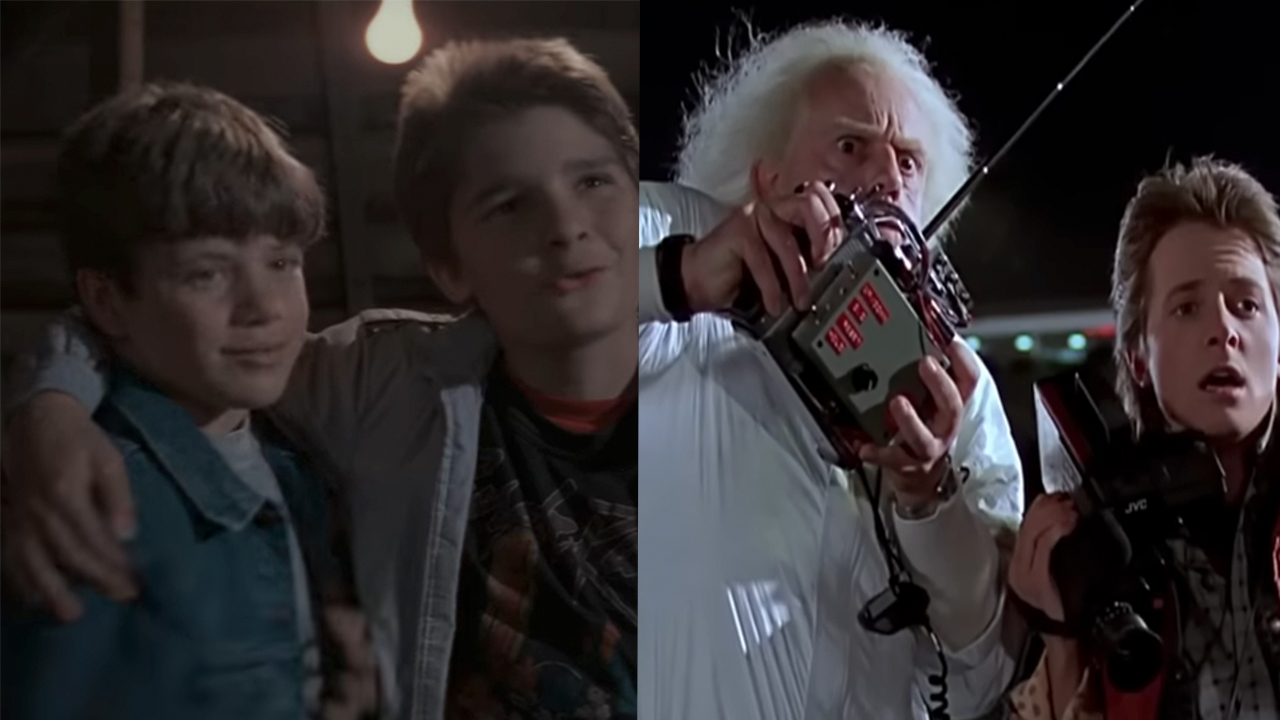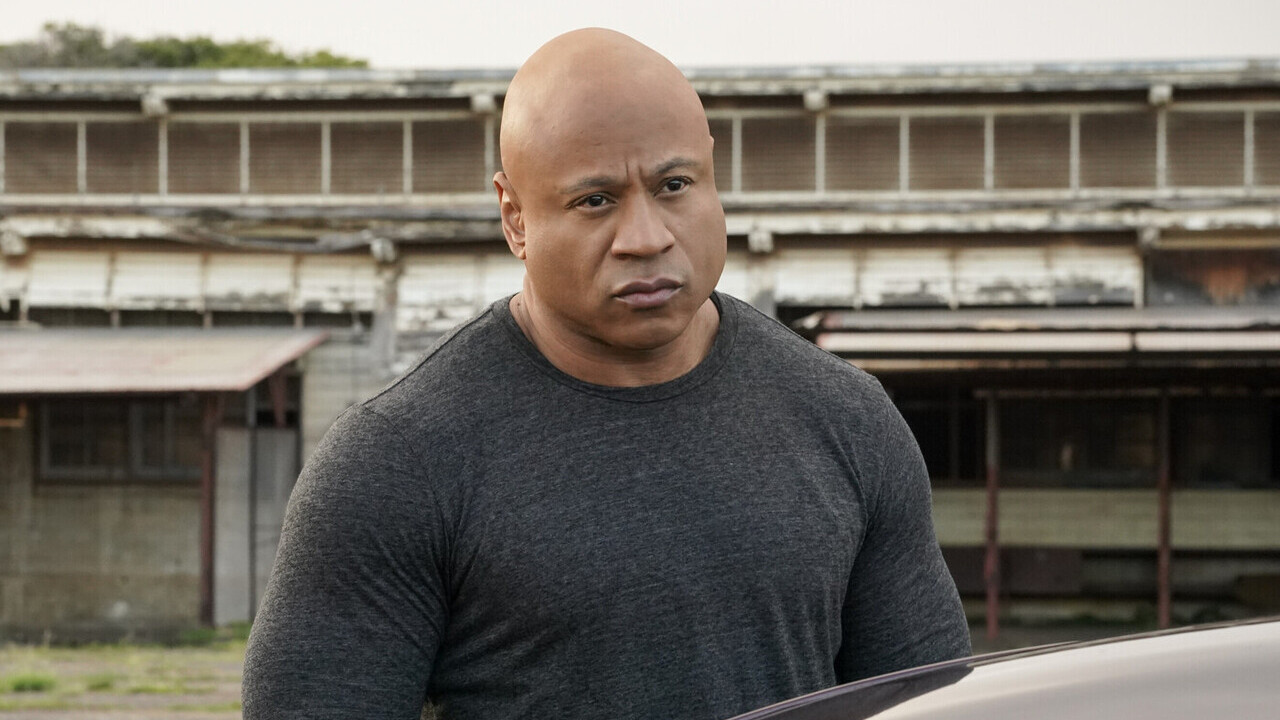It’s Been Weeks Since I Watched Elizabeth Olsen's His Three Daughters, And There's One Thing I Still Can't Shake
This Netflix film packs a punch.
There is a seemingly never-ending list of great options to binge on Netflix, and while I do love to actually make a trip to the theater, there’s no denying the convenience of streaming. After hearing some positive things about His Three Daughters — an offering on Netflix’s 2024 schedule — I decided to check it out, despite knowing the subject matter might hit a little close to home. It’s now been weeks since I watched the movie about three sisters navigating their father’s final days, and I still cannot shake how true it felt to my family’s own experiences with end-of-life care.
His Three Daughters stars Carrie Coon, Natasha Lyonne and Elizabeth Olsen as estranged sisters who come together at their father’s home, where Rachel (Lyonne) has been living with and caring for their sick father. Old wounds and a complicated family dynamic are quickly revealed as they all deal with his impending death in their own ways. The story really stuck with me, and here are a few reasons it felt so real.
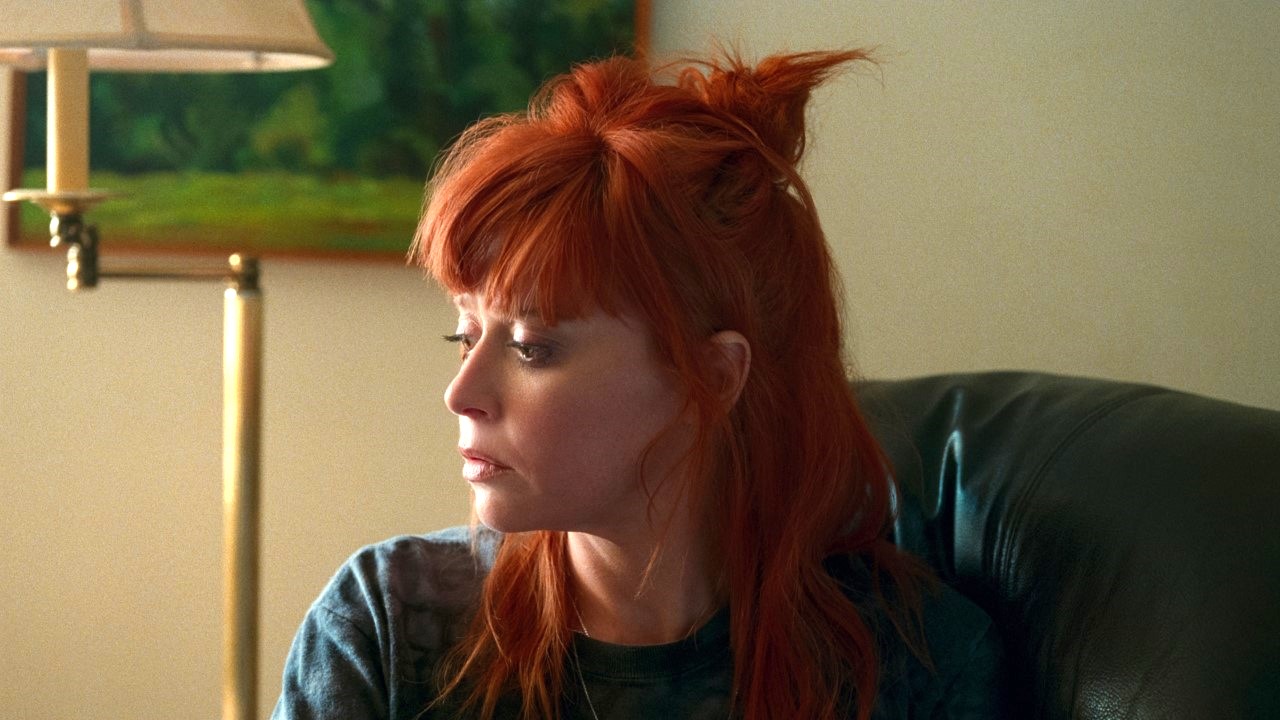
I Saw Parts Of Myself And My Family In Each Of The Three Sisters
First, I want to say that I would never pretend to be an expert on the topic of hospice or caretaking. I can only speak to my limited experience, which includes my husband and I providing end-of-life care for a loved one a few years ago and seeing other members of my family serve as long-term caregivers. I know every family’s experience is different, everybody handles grief differently, and every family has its own drama to contend with. All of those individualities are exactly why I was not prepared to see so much of myself and my family in the very specific characters of His Three Daughters (which can be streamed with a Netflix subscription).
I recognized Rachel’s discomfort with having Katie (Carrie Coon) and Christina (Elizabeth Olsen) in the house while simultaneously being relieved to finally have some help. I saw Katie’s gratitude for Rachel caring for their dad present itself as judgment and jealousy. Christina’s guilt was ever-present, whether that was over not having been around to help Rachel or guilt that to be with her father meant she wasn’t home taking care of her own kids.
More than their overall personalities, there were a lot of small moments and anxieties that struck a familiar chord with me: someone obsessing over paperwork, someone needing validation, decisions over grocery shopping, documenting breathing changes and fretting over who — if anyone — was in the room with the person receiving the care. This may have been a fictional family, but it felt all too real to me.
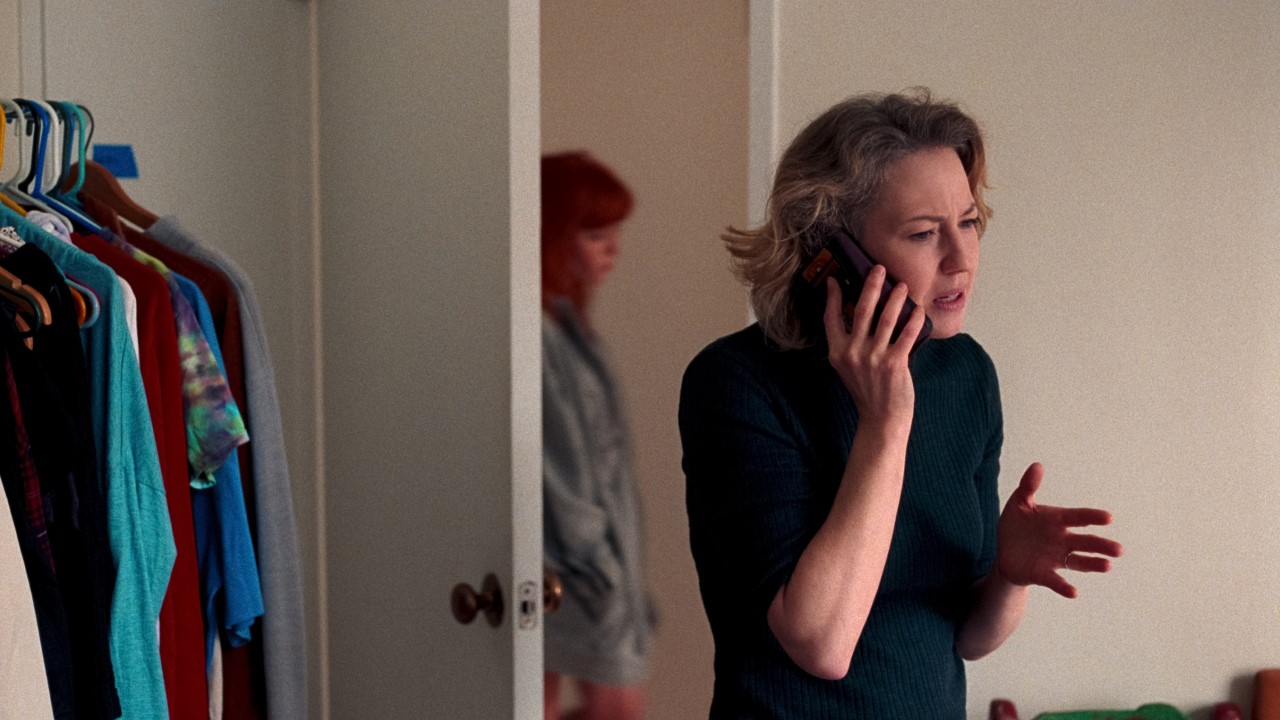
The Feelings Of Isolation Were Beautifully Portrayed
One thing that struck me right off the bat was Katie’s tendency to talk at people instead of to them. I thought this would bother me, but I came to understand it as her way of coping. She was often giving monologues, not noticing or caring if her audience was paying attention, because she was just trying to process the situation for herself. It was very "main character syndrome," but also pretty understandable given that her dad was dying. Rachel and Christina had their own ways of showing how isolated they felt.
The camera work also helped to drive home the feeling that they were going through this along, even when surrounded by each other. So many of the conversations between the women showed just one of them, shots lingering on their faces rather than switching to capture her sister’s response.
CINEMABLEND NEWSLETTER
Your Daily Blend of Entertainment News
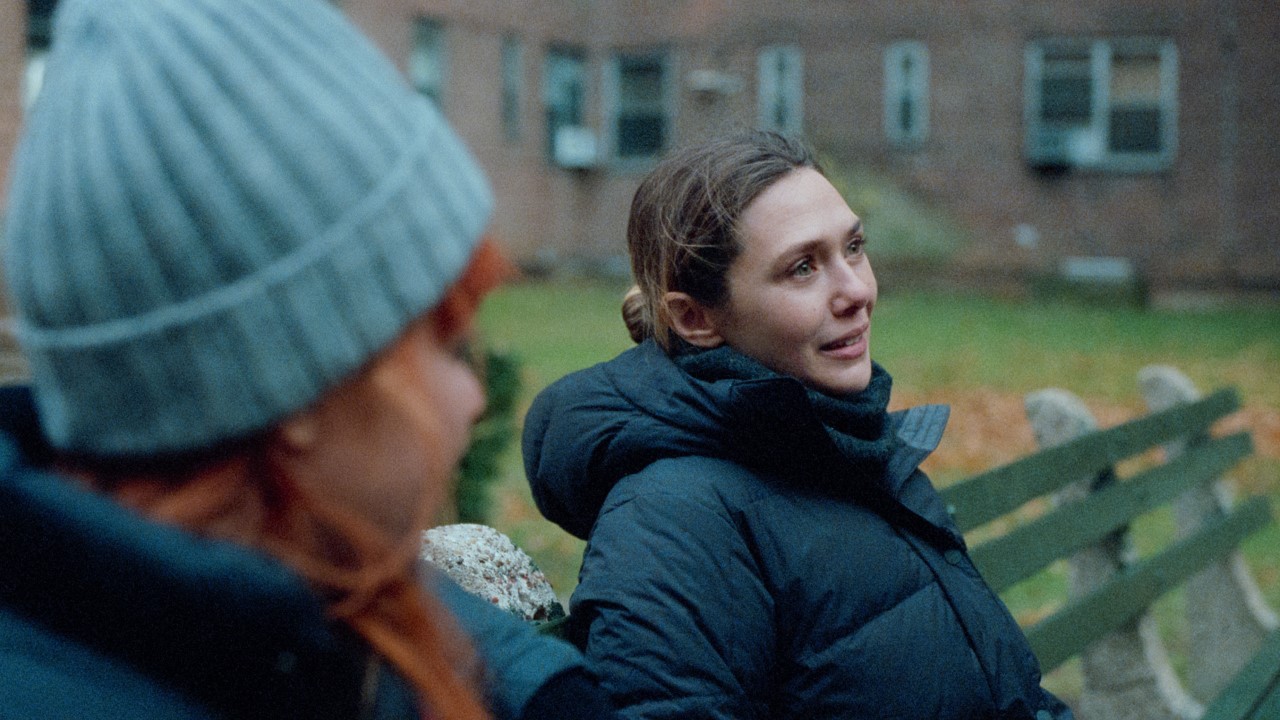
The Sisters’ Interactions With The Hospice Nurse Were Some Of The Most Relatable Moments
I think I was most amused by the sisters’ interactions with the hospice workers, a profession which filmmaker Azazel Jacobs paid tribute to by naming one character “Angel.” It’s because those moments were so relatable that I was able to find some humor there.
In addition to Katie and Christina obsessing over their advocates’ names being Angel (“That’s quite a name, considering what you do.”) and Mirabella (“I’m sorry, it’s just so weird that’s her name. I keep picturing my daughter when you mention her.”), some of the conversations they had with Angel felt like someone had secretly recorded that time in my life and was playing back my words coming from the characters’ mouths.
I remember us being desperate for any morsel of information, hanging on every word of our very patient hospice nurse. So it was funny to me, in a way, to see the women doing the same thing, asking the same questions and prying for information, only to then question the nurse's expertise or try to dispel what was said. Katie continuously thought their advocate was speaking in code, telling Christina at one point:
You got what he was saying before, right? Don’t call him or anyone else till Dad’s good and dead. Make sure the guy’s not breathing and then some.
Every family has that cynic, right? I recall being upset by that person in my family, but that was their filter on the situation, just like that was Katie’s very specific view. Again, I was just struck by the thought that something that felt so unique to me could actually have been more universal than I realized.
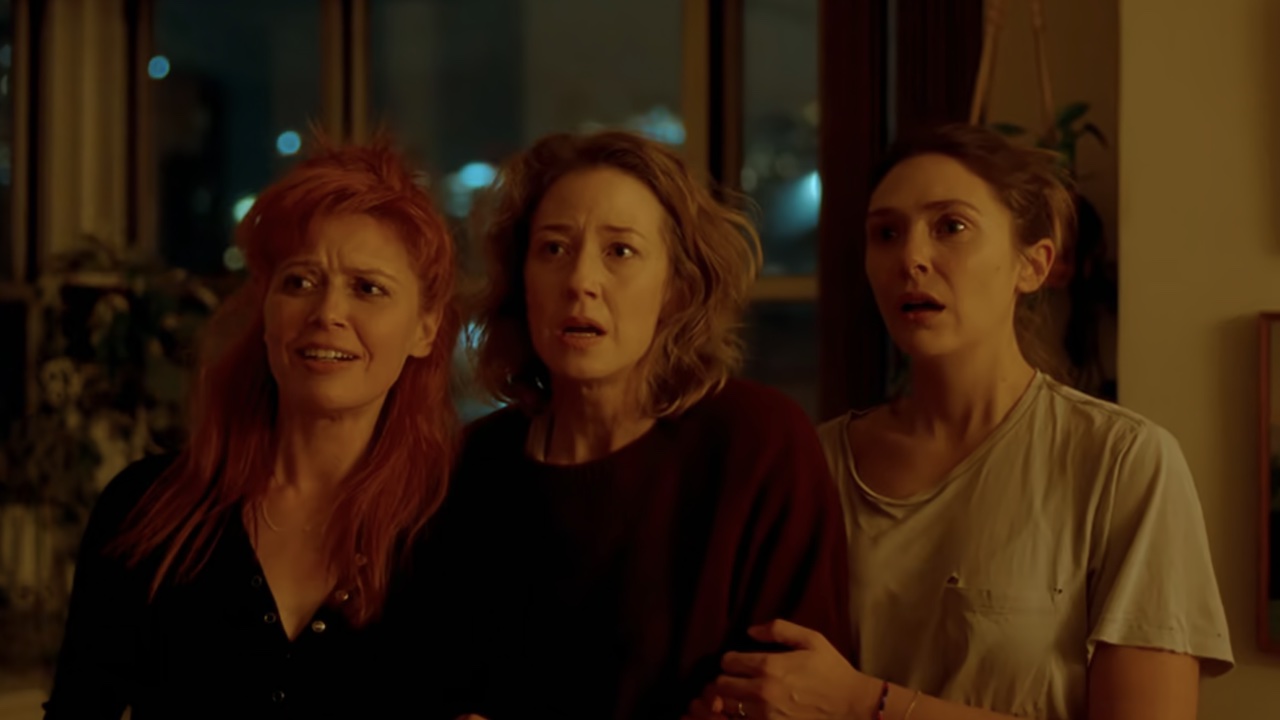
The Ending Threw Me For A Loop — But Only For A Minute
I won’t go too far into the specifics of a certain twist so as to avoid spoiler territory, but there was a scene toward the end that caught me off guard because it lacked the realism that I’d felt from the rest of the movie. I was pretty quick to figure out what was going on, and everything was revealed fairly quickly. I've been back and forth about what I think about it, and I've landed on being glad it happened like it did. It gave a sense of closure to the audience, even if the same can't be said for Rachel, Katie and Christina.
I can only speak for my own experience with end-of-life care, and I’m certain that not everybody will have the same takeaway from this film, but I found His Three Daughters to be incredibly relatable. It’s remained with me to the point that even weeks after watching it, there’s a part of me that is remembering little moments I’d forgotten about. A little time and distance (from both my family’s experiences and the 2024 movie’s release) have also allowed me to see some of those moments from a different perspective.
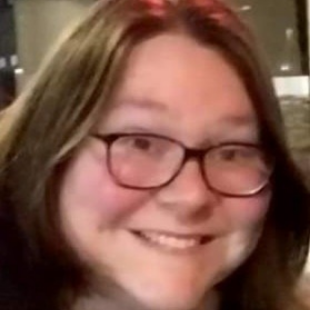
Heidi Venable is a Content Producer for CinemaBlend, a mom of two and a hard-core '90s kid. She started freelancing for CinemaBlend in 2020 and officially came on board in 2021. Her job entails writing news stories and TV reactions from some of her favorite prime-time shows like Grey's Anatomy and The Bachelor. She graduated from Louisiana Tech University with a degree in Journalism and worked in the newspaper industry for almost two decades in multiple roles including Sports Editor, Page Designer and Online Editor. Unprovoked, will quote Friends in any situation. Thrives on New Orleans Saints football, The West Wing and taco trucks.
